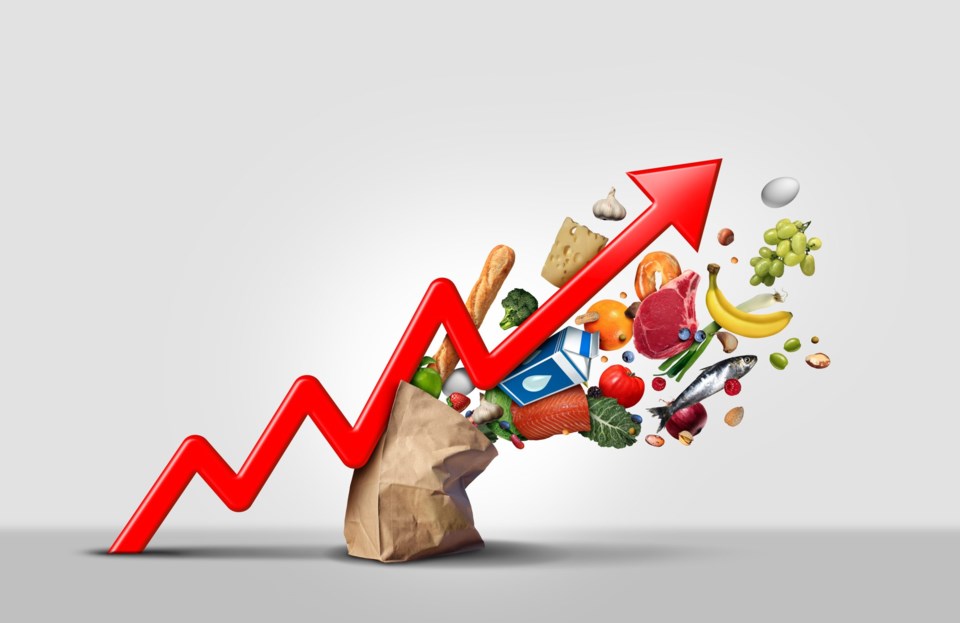We’ve talked about shrinkflation before — the well-known retail practice that recently began leaking into the housing market. Now it’s the turn of regular ol’ inflation.
Over the past year, anyone with a wallet has noticed the rise in prices for gas, groceries and everything in between. Recently the U.S. Bureau of Labor Statistics (BLS) reported that the U.S. annual inflation rate went down from the four-decade record high of 9.1% in June, to 8.3% in August.
But these are national averages, if you look closely at any given area in the country you’ll find different numbers. This is exactly what the finance site WalletHub did. Last Tuesday, the site released a study comparing the 23 major metropolitan areas in the country using the latest BLS data available, taking into account short and long-term spikes in the inflation rate of each area.
The study found that 16 metro areas’ Consumer Price Index (CPI) was well above the average 8.3% reported by BLS. Leading the list is Phoenix with a whopping 13% rate by August, followed by Atlanta, Tampa, Miami and DFW.
According to the study, DFW’s CPI stood at 9.40% in August and is one of the metro areas with the fastest rising inflation rate, going up 1% from June to August. The other Texas metro appearing in the ranking is Houston, with a 9.5% rate, but a much slower rise with a CPI that went up only 0.10% in the two months before August.
As previously reported by Forbes, the pandemic disruption of nearly every sector of the food supply chain raised food production costs. This is still a problem outside of the U.S. too. In China, the world’s largest exporter of goods, COVID is still causing disruptions with new lockdowns taking place in Shanghai by July. In addition to this, the war in Ukraine proved to be a challenge for the country’s wheat exports, with a decrease of 92% in its cargo exports.
Robert R. Johnson, professor at Heider College of Business at Creighton University, agrees with Forbes’ explanation for the rise in inflation, adding the following in a statement for WalletHub: “While most eyes are on the Fed with respect to inflation, fiscal policy has also served to exacerbate inflation.” Continuing, he said that the PPP loan program and the recent student loan forgiveness announcement have had consequences on the economy, inflation being a by-product.


![Top 5 Reads Of The Week [June 23-27]](https://www.vmcdn.ca/f/files/localprofile/images/events/downtown-celina-city-of-celina.jpg;w=120;h=80;mode=crop)

